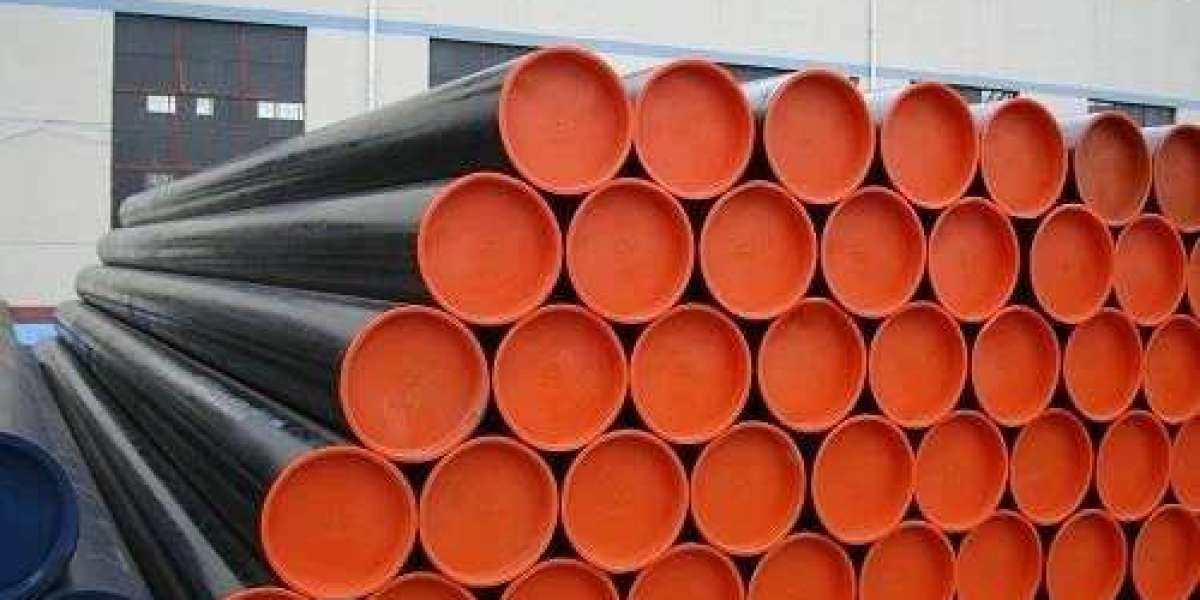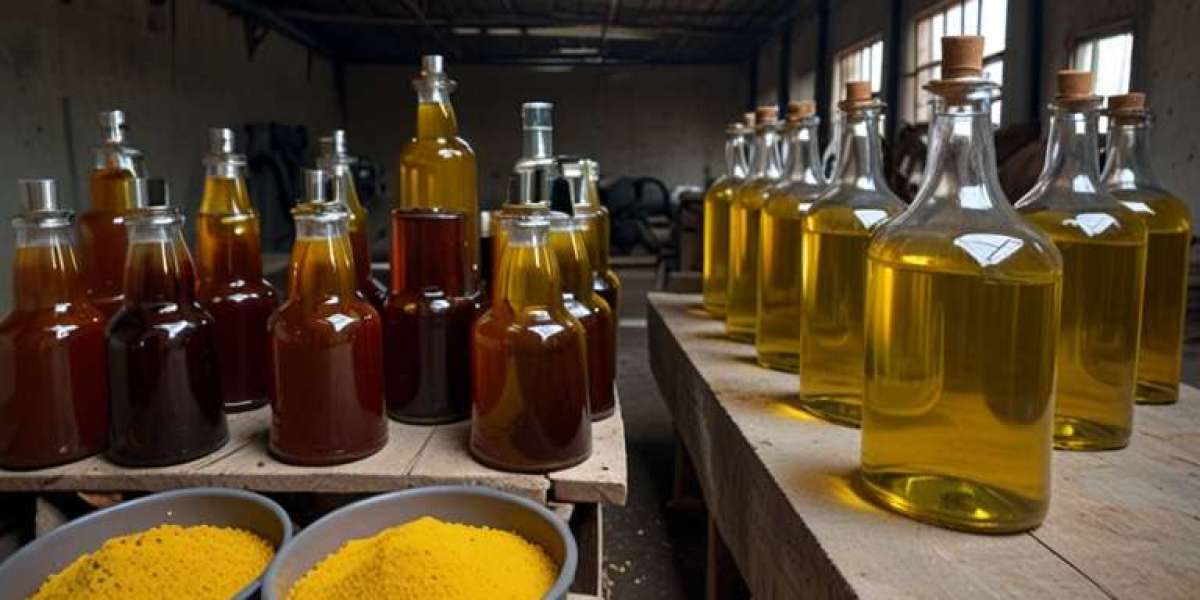Pneumatic systems are the heart of many industrial automation processes, powering machines with compressed air to perform precise and efficient movements. At the core of these systems lie pneumatic cylinder tubes, which play a critical role in ensuring smooth operation, durability, and overall system performance. This article explains how pneumatic cylinder tubes contribute to improved automation and air system efficiency, highlighting their design features, materials, and application benefits.

What Are Pneumatic Cylinder Tubes?
Pneumatic cylinder tubes are hollow, cylindrical components that house the piston within a pneumatic cylinder. They provide a smooth, sealed environment where compressed air can push the piston back and forth, converting air pressure into linear mechanical motion. The quality and construction of these tubes directly impact the cylinder’s performance, reliability, and lifespan.
Key Features of Pneumatic Cylinder Tubes
Precision and Smooth Surface Finish
Pneumatic cylinder tubes are manufactured with high dimensional accuracy and a polished inner surface. This smooth finish minimizes friction between the piston and the tube walls, reducing wear and tear and ensuring consistent, efficient motion.
Corrosion Resistance
Because pneumatic cylinders often operate in environments where moisture or contaminants are present, pneumatic cylinder tubes are typically made from corrosion-resistant materials such as stainless steel or specially treated Alloy Tube. This corrosion resistance extends tube life and reduces maintenance.
High Strength and Durability
Pneumatic cylinder tubes need to withstand repeated cycles of pressure changes and mechanical stress. Materials like seamless steel tubes offer superior strength, eliminating weak points such as welds and enhancing the tube’s ability to handle high pressure and mechanical loads.
How Pneumatic Cylinder Tubes Enhance Automation
1. Improved Efficiency and Precision
The smooth bore and precise dimensions of pneumatic cylinder tubes allow pistons to move more efficiently, reducing energy losses due to friction or air leakage. This improves the responsiveness and accuracy of automated systems, enabling faster cycle times and higher productivity.
2. Increased Reliability and Reduced Downtime
Using durable, corrosion-resistant tubes reduces the risk of cylinder failure caused by rust, abrasion, or deformation. This reliability means less unplanned downtime for repairs or replacements, resulting in smoother production workflows.
3. Compatibility with Advanced Seals and Components
High-quality pneumatic cylinder tubes are designed to work seamlessly with advanced sealing technologies that prevent air leaks and contamination. This ensures the pneumatic system maintains optimal pressure and cleanliness, crucial for precise automation tasks.
Applications Benefiting from Pneumatic Cylinder Tubes
Pneumatic cylinder tubes are indispensable in industries such as manufacturing, packaging, robotics, automotive assembly, and material handling. Automated systems in these sectors rely heavily on pneumatic cylinders to perform tasks like lifting, clamping, pushing, or positioning with speed and accuracy.
Choosing the Right Pneumatic Cylinder Tubes
Selecting the appropriate tube involves considering factors like the operating environment, pressure requirements, tube material, and compatibility with other system components. Seamless stainless steel tubes are often preferred for their corrosion resistance and strength, while alloy tubes might be selected for specialized conditions requiring enhanced durability.
Conclusion: Pneumatic Cylinder Tubes as a Key to Enhanced Automation
Pneumatic cylinder tubes are much more than simple hollow cylinders; they are vital components that directly influence the efficiency, durability, and precision of automated air systems. By ensuring smooth piston motion, resisting corrosion, and enduring mechanical stresses, these tubes enable automation systems to operate reliably and cost-effectively. Investing in high-quality Pneumatic Cylinder Tube is essential for industries aiming to optimize their air-powered machinery and maintain competitive production standards.



